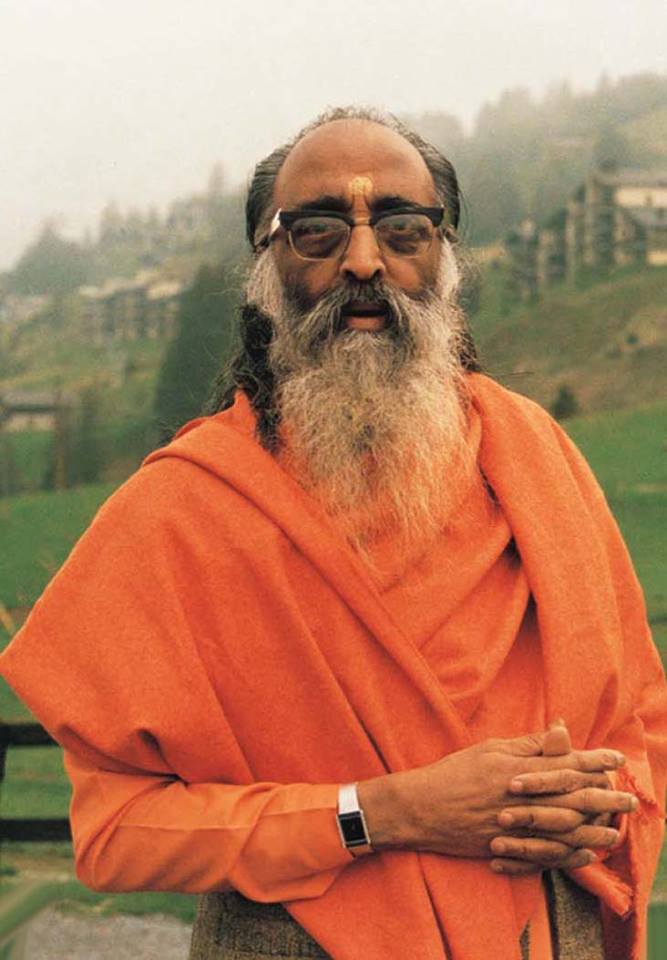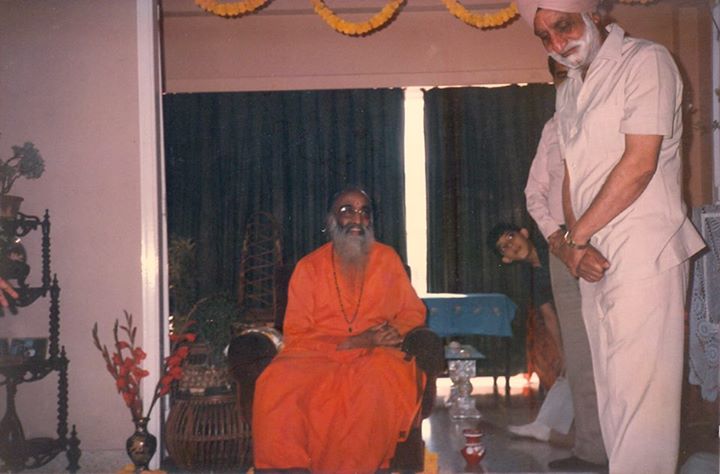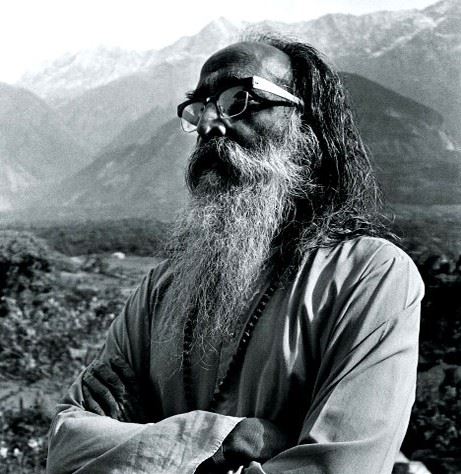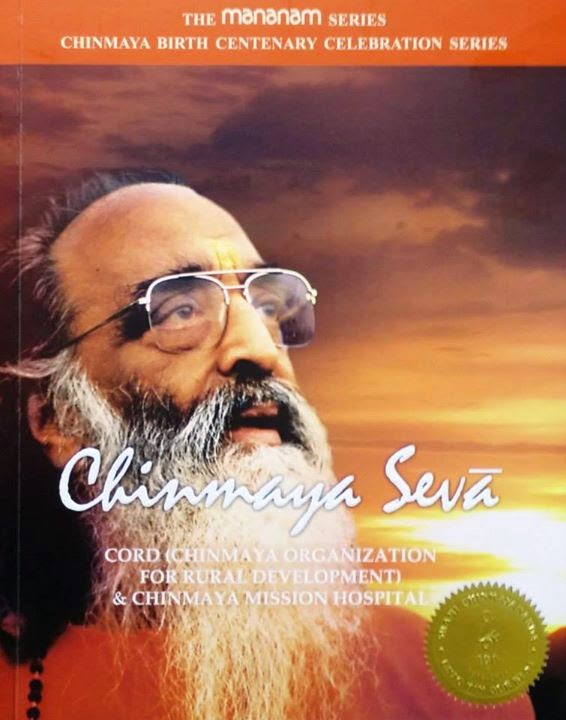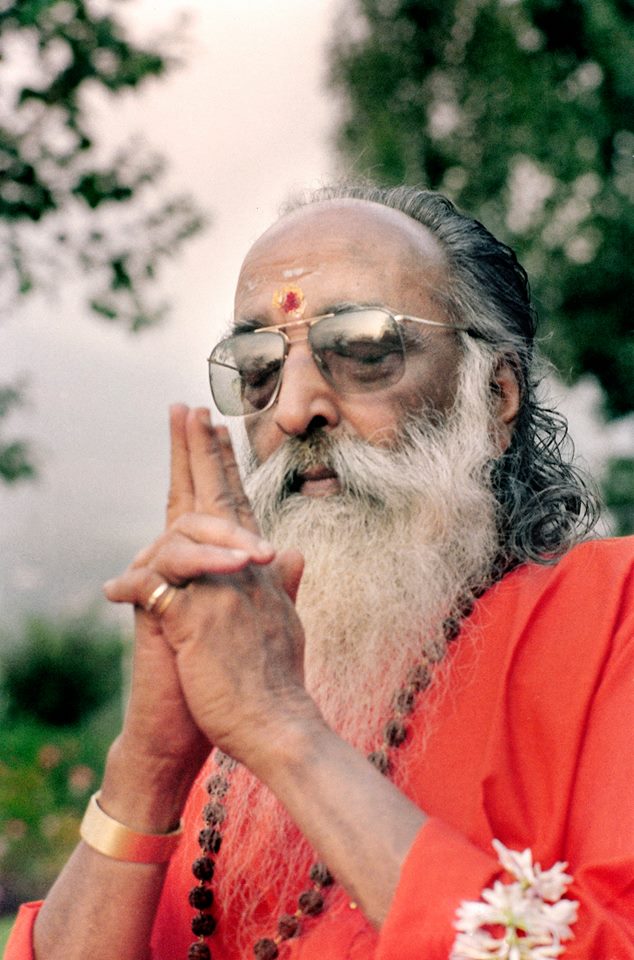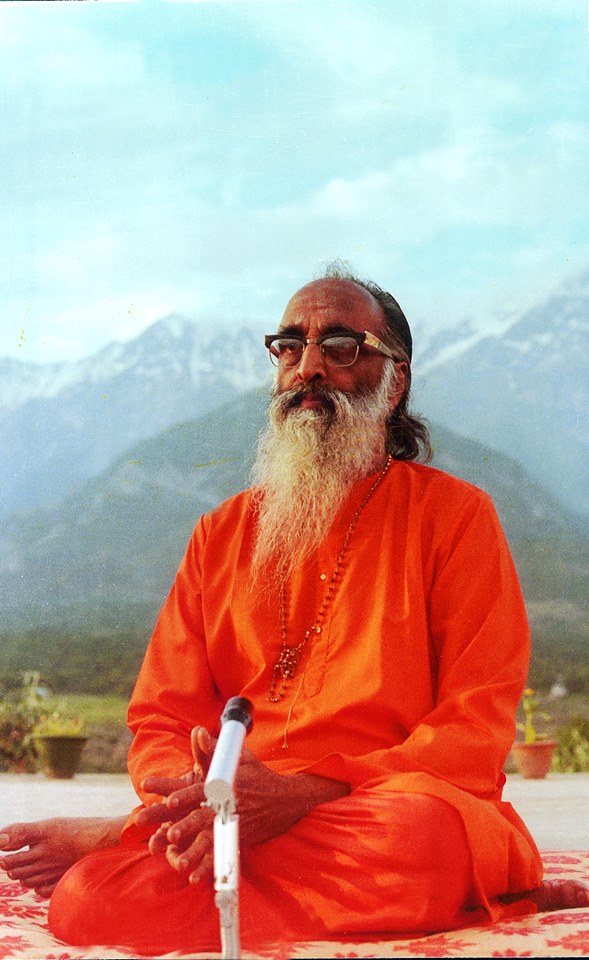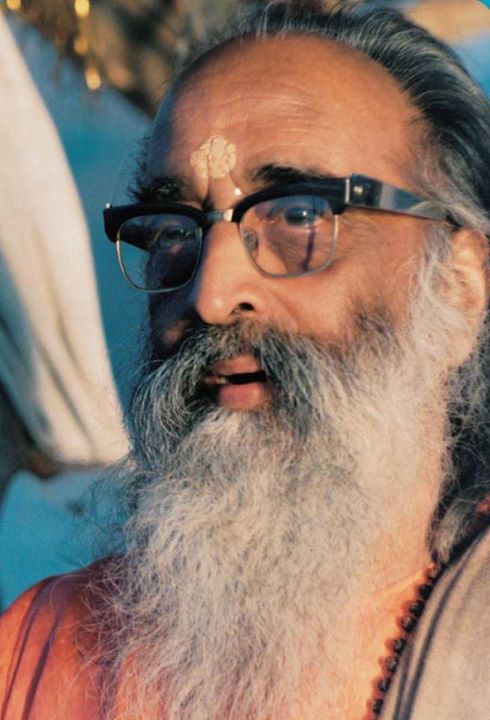MUNDAKOPANISHAD : CHAPTER-3. SECTION-1. MANTRAM-8. { Unique means of Self-realisation --- purification of mind. }

MUNDAKOPANISHAD CHAPTER-3. SECTION-1. MANTRAM-8. { Unique means of Self-realisation --- purification of mind. } Discussion-3. "Glory of 'Tapascarya' " .. And it is also true thal all scriptures in the world indicate, advise and insist upon the glory of "tapascarye and rituals." Surely, those cannot be a combined conspiracy against the faithful. In the science of Religion, rituals are insisted upon as preparatory lessons for a seeker, and tapascarya-s are preparations for a training of the mind and intellect of the meditator. When one has practiced for a sufficiently long, worship etc., and has undergone a certain amount of intelligent tapascarya, one becomes tranquil in his inner life and gains a certain amount of single pointedness of application with intellect. Only when the mind and intellect are thus tuned up, can th

